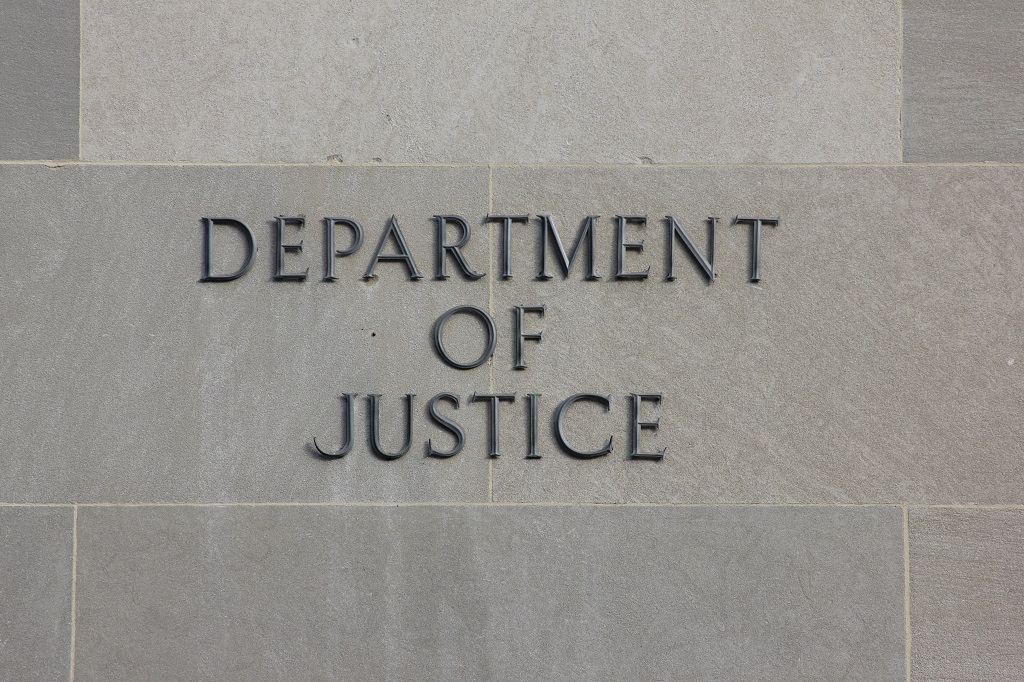Public Confidence in the Mueller Investigation and Other Russia Investigations is Growing, But the Large Partisan Divide Remains
In July, we began a polling project to measure public confidence in government institutions on national security matters on an ongoing basis. As part of this project, we asked a battery of questions in early December about investigations of Russian interference in the 2016 election. From Feb.

Published by The Lawfare Institute
in Cooperation With

In July, we began a polling project to measure public confidence in government institutions on national security matters on an ongoing basis. As part of this project, we asked a battery of questions in early December about investigations of Russian interference in the 2016 election. From Feb. 21–23 we once again asked respondents about these issues and found that public confidence in investigations of Russian interference has increased.

Since early December, public confidence has grown for each of these investigations. As in December, we found that public confidence in the House and Senate intelligence committee investigations is low and confidence in the Justice Department as a whole is higher now, but still leaning towards no confidence. Unlike December, our new poll shows that the public is now leaning towards high confidence in the FBI and Mueller investigations of Russian interference in the 2016 election. In fact, this is the highest level of confidence in the Mueller investigation we’ve seen since we began asking respondents this question in early October. We had previously seen a trend of public support for Mueller increasing following the issuance of indictments, and this month is no exception. With Mueller’s indictment of 13 Russians for election meddling just before this poll was fielded, and the new indictment of Paul Manafort and Rick Gates while the poll was being fielded, it appears that the public once again trusts Mueller more when they see results from his investigation.
Note that public support for Mueller remains highly polarized, with the top answers by far being either “5” (“high confidence”) or a “1” (“no confidence”). Together, these answers accounted for more than 63 percent of respondents. Respondents reporting at least a “3”—that is, saying they had at least moderate confidence in Mueller, clocks in at 61 percent. This is consistent with our early December iteration of the question.

Just as a number of other polls have found, our poll shows a large partisan divide on these issues of Russian election interference, with self-identified Democrats being more supportive of every investigation than Republicans. The extent of the partisan divide varies considerably across questions, however, with the greatest gulf coming on the Mueller and FBI questions. On both of these questions, Democratic respondents’ average confidence in the investigation is more than a point higher than Republicans on our five-point scale. In contrast, both Republicans and Democrats hold low levels of confidence in the House and Senate intelligence committee investigations. Republicans have higher confidence in the congressional investigations than they do in the executive branch investigations or in Mueller, which may reflect the president’s repeated attacks on law enforcement and the Mueller team.

It’s also interesting to note that despite both the House and Senate investigations being controlled by Republican legislators, Democratic respondents are more likely to view these investigations favorably than Republican respondents in our survey. In fact, Democratic respondents are nearly twice as likely as Republicans (21.3 percent to 11.9 percent) to report “high confidence” in the House investigation of Russian election interference, despite the seemingly blatant partisan behavior of the Committee’s Republican Chairman, Devin Nunes (R-Calif.).
Methodology
From Feb. 21-23, we once again used Google Surveys, which is supporting this project with a large in-kind donation of access to its survey platform, to ask questions related to national security. Respondents are internet users 18 and older who answer “surveywall” questions on websites that use Google Opinion Rewards for Publishers to access content. Surveys appear on a network of more than 1,500 sites, including USA Today and the Financial Times. For more information on Google Surveys’ methodology, including questions regarding sampling bias and inferred demographics, please see Google’s white paper on the topic. Benjamin Wittes and Emma Kohse also discussed criticisms and advantages of the Google Surveys methodology at some length in this paper.







